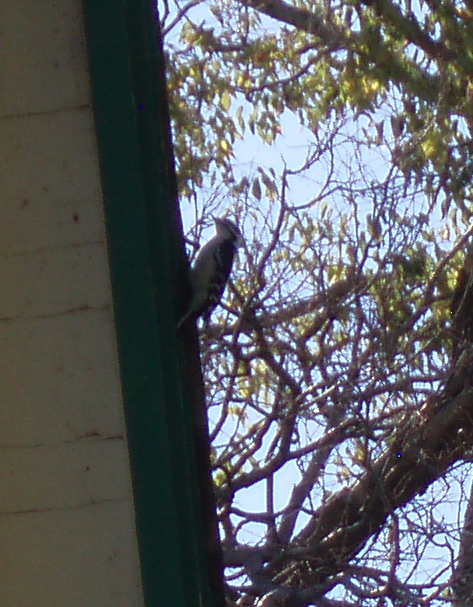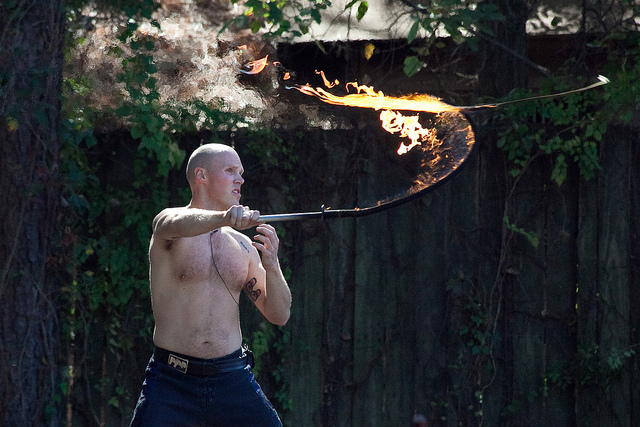
Helpful Ideas On How to Take Control of Your Writing Sessions
How easily do you get distracted? Does it affect your ability to get your writing done?
As a writer, I know how easy it is to get distracted. But I can’t have too many distractions because I have a hard time getting back into the writing after a distraction has pulled me away from it. It fuels my procrastination habits.
Earlier this week, I talked about taking a proactive approach to prevent procrastination. So today, I want to talk specifically about distractions and what we can do about them.
Productivity experts say it takes about 20 minutes to get back into the swing of a task after being interrupted or distracted. Seems like a lot of time wasted. How much could you get done in 20 minutes if you had laser-sharp focus? Rather than give priority to the interruption, make the task the priority so you give yourself the opportunity to complete it quickly, maybe even in those 20 minutes.
Writers who have limited time to write can’t afford to let distractions get in the way, so we need take control of our writing sessions by actively preventing distractions.
There are, of course, plenty of situations we can't control. For instance, there isn’t much you can do when a nosy neighbor or loud visitor comes knocking on your door and hollers your name when you don’t answer. Or when someone you know spots you at the library or café when you’re in the middle of writing a scene or an article. Or when a woodpecker decides the attic vent above your office needs some paint removed.
But there are other things you can control.
Take Control
If you work in a home office, you can control what you listen to (i.e., music vs. radio commercials) or when you decide to get up for another cup of coffee. Additionally, you can control when your computer alerts you to a new Facebook update (never during your writing sessions if you've logged out).
Another thing you can control is the place where you write. Furthermore, you can control the ringer volume on your phone. And you can make sure certain tasks are done before you sit down to write (i.e., cats are fed, dog has been outside already). And if you have a dog, you can get him on a schedule so he doesn't beg to go outside every time you sit down to write.
Preventing distractions also means refusing to let them become distractions. For instance, if your cat cries outside your office door every time you sit down to write, you can choose to ignore him. The neglect won't hurt him; mine still loves me the second I open the door.
Having this control over distractions will help you stay focused on your writing work because you're not getting pulled away every time you sit down to write. Before you sit down to write, remove every possible distraction that you can. Then find a good writing place and be alone with your writing work so you can get focused. If something comes up during your writing session, ignore it.
If the interruption is drastic and important (i.e., the house is on fire), then stop writing and take care of the emergency. But if it is not an emergency, let it wait. Since you are a writer, writing is your job and you have work to do.
Stick to your writing and take control by preventing distractions. Instead of giving priority to the distraction, give priority to your work as a writer. If you do that, you’ll become a happier and more productive writer.
What distractions keep you from getting your writing work done? I'd love to hear from you!
- It’s been a long time… - February 10, 2024
- Realizations About Tracking Progress - May 28, 2020
- Goal Setting & Productivity 101 - May 25, 2020
